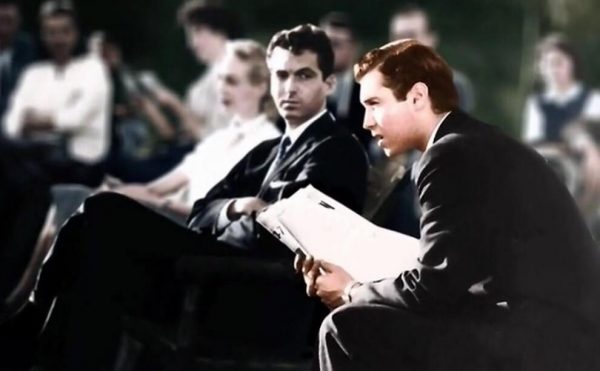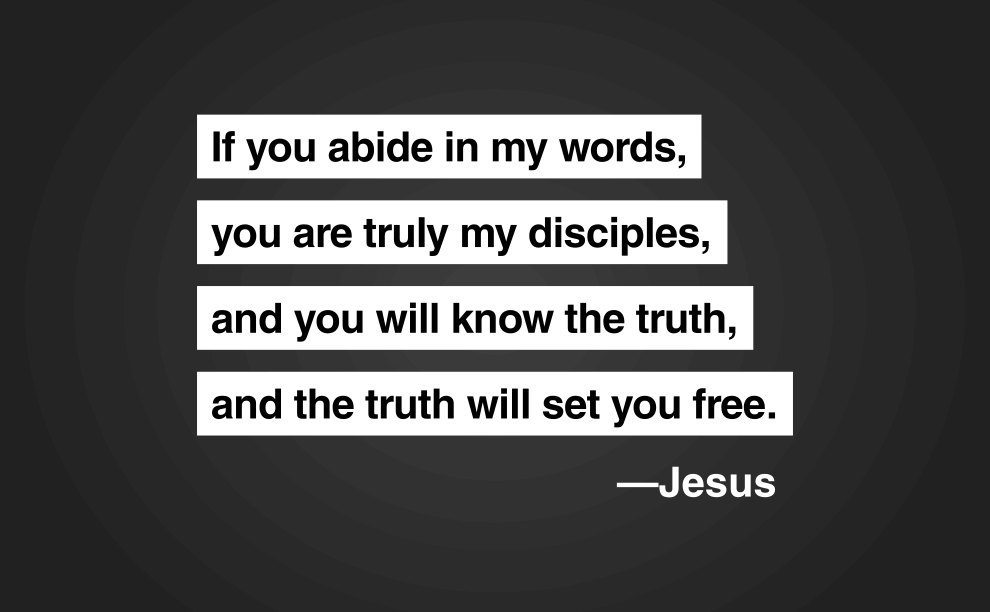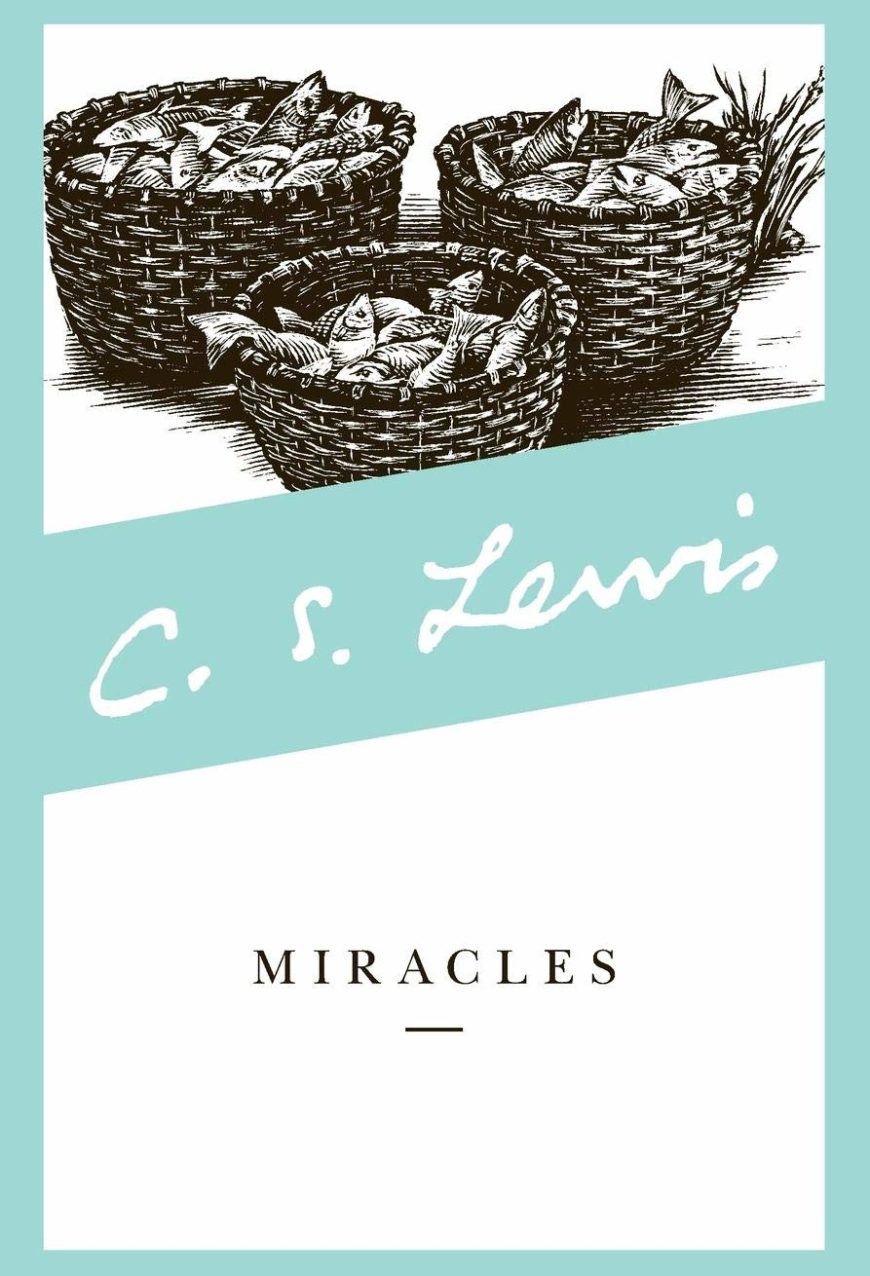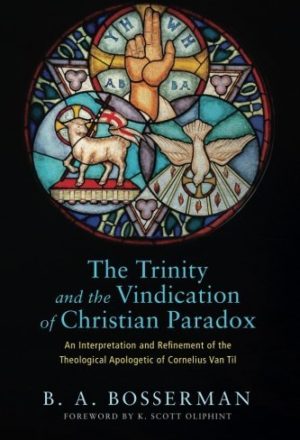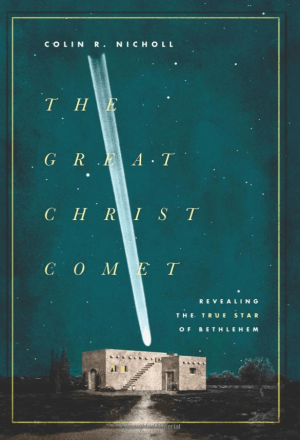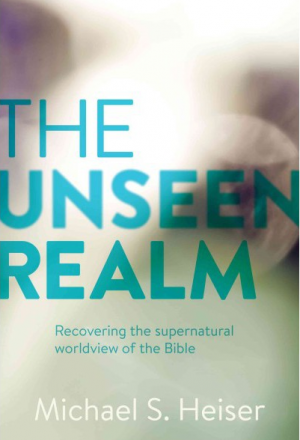As Christians, we are responsible for thinking things through carefully. Solomon says, “Take my instruction instead of silver, and knowledge rather than choice gold, for wisdom is better than jewels, and all that you may desire cannot compare with her” (Prov 8:10-11). Wisdom and knowledge are things we need to store up. We fight most of our lives to gain and hold onto some sort of financial well-being. According to Solomon we should work much harder to fill our minds with wisdom, knowledge and understanding. This can lead to the conclusion that we ought to read a lot of informational texts, and non-fiction works. After all, this is the best way to know facts and truth.
It is certainly true that we ought to study textbooks, and non-fictional literature, and that our brains do benefit from learning rote information. This is one thing our site seeks to do well. We research and deliver accurate information, study it, and draw faithful conclusions. Our culture today could very much benefit from reading researched information, rather than what almost everyone considers to be the drivel of click-bait and youtube propaganda. However, I want to posit, that just as necessary is a healthy diet of fiction.
How can this be just as necessary? Certainly there could be some benefit, but who could argue such a strong position, and not be arguing for a post-modern, ‘truth-is-relative’ sort of position?
Paul says to the Corinthian church, “So now faith, hope, and love abide, these three; but the greatest of these is love” (1 Cor 13:13). I have no intention of misleading. His main emphasis here is on love. If we have faith and hope without love, then we are in bad shape. However, he does emphasize the abiding nature of faith, hope and love. All three are Christ-centered. All three ought to be cultivated. Our faith is that Jesus was raised from the dead, conquering sin. Our love is of God and our neighbor. Our hope is in His kingdom, already come and not yet here.
One word, that I believe accompanies ‘hope’ quite strongly, is the word ‘wonder’. Cultivating a sense of wonder in our hearts is helpful in guiding our hearts toward their future hope, if done rightly.
Solomon says, “Hope deferred makes the heart sick, but a desire fulfilled is a tree of life” (Prov 13:12) How can sickness, without an eventual true fulfillment, be of any good to a person?
We should desire no wonder; no hope that has no backbone. If there is no tree of life in the end, then we will die a people who filled their lives to the brim with disappointment. What a sorry thing that would be.
So, should we seek not to get our hopes up? That way we can save ourselves from sick hearts. Is it good to cultivate wonder in our hearts? Why spend so much time thinking about aliens, cosmic spirit beings, or time travel? Why read books about dragons and elves? Why watch movies about super heroes, demogorgons, or space battles? Isn’t this a childish waste of time?
It can be, but only if this comes with a lack of the backbone of truth. A diet of purely fiction can make it easy to be naive, and ignorant of the way the world we truly live in operates. A diet of purely non-fiction can make it difficult to cling close to truths that are beyond our fleshly experience. We need both. With both we can stir hope in Christ, that does not wander into deceit.
Gospel Vision hopes to to soon produce more narrative content (in the form of parables, satire, and book reviews of fictional works). Since this has primarily an informational article site, lets take time to understand the tangible benefits of interacting with fiction.
Fiction Has Shaped Our World
For examples of the raw power of fiction in our world today, think of works such as The DaVinci Code, The Matrix, Avatar, and semi-recently Interstellar.
The DaVinci Code has successfully convinced the masses of false history. False history that can be easily debunked with a quick google search (namely that the Council of Nicaea is where the Bible was stitched together).
The Matrix caused a generation to deeply contemplate the unknowable nature of its own reality.1
Avatar immersed people to the arms of depression after viewing its spectacle, “When I woke up this morning after watching Avatar for the first time yesterday, the world seemed grey. It was like my whole life, everything I’ve done and worked for, lost its meaning … It just seems so meaningless. I still don’t really see any reason to keep doing things at all. I live in a dying world.”2 Keep in mind, this is science-fiction we are talking about.
The movie Interstellar, however you feel about it, led to huge observational scientific discoveries about how our real universe works.3
This is not to mention more time tested classics written by folks like Dickens, Melville, Homer, or Dostoyevski. Many of their works affect our ideologies, understandings, musings and beliefs to this day. continued below…
Trending
Empathy
Reading articles, and non-fiction informational books is helpful. We filter all the information through our minds, and use it to produce right ideas and actions in our lives. What is difficult to gain from simply informational books, is empathy.
If we read about the Tsunami in Thailand, we can contemplate natural disaster and the sufferings it must induce. But when we watch The Impossible, we feel the pain in our kidneys as a man calls his wife's parents to tell them he can't find her. Now, The Impossible is based on a true story, which could be rightly identified as non-fiction. Yet, it is quite possible that the phone call we are discussing was a fictional scene in the movie, to bring the audience to identify the deep suffering going on in his heart.
Narrative sucks us into the experience of another person, and thus gives us new perspective. Now our current well of information, theology and convictions must wrestle with this new perspective, refining our understanding. This is a huge help in loving people.
Tuning Our Mind's Eye
Jesus found it fitting to use fiction in His teaching. He used parables, because He found them to be an apt way of conveying meaning to those who could understand, and confusion to those who couldn't. This speaks volumes about the power of communication found in story telling. (Mark 4:10-12).
When it comes to wonder, particularly regarding the super-natural, fiction often helps the most. Many of us don't have a lot of intimate, observable experiences with angels. The natural, and the fleshly things of life are ever before our eyes. Yet, according to scripture, we know that angelic beings are at constant work in the world and in our lives.
"Because you have made the Lord your dwelling place—the Most High, who is my refuge—no evil shall be allowed to befall you, no plague come near your tent. For he will command his angels concerning you to guard you in all your ways. On their hands they will bear you up, lest you strike your foot against a stone" (Ps 91:9-12).
How do we cause our mind to dwell on the spiritual world in a personal manner? Of course we read truth about them in scripture. Then we read fiction like Peter Pan, or Out of The Silent Planet. We see pixies and eldila, and we put the book down. Then we see the stars come out at night. We see the trees blossom. We see the wind blow the clouds away, and our mind drifts to the rich fictional imagery.
Since we have the Word of God to anchor our wonder, we don't go on trying to converse with demons, or worship the earth. But our eyes see a spiritual world, and wonder rightly about what good spirits sent by God are doing in the day-to-day. This is not aimless imagination. This is substantive wonder.
God's word is sufficient for these things. Thus we do not need anything else. But to the degree that we benefit from additional informational sources, we also benefit from reading, watching or writing stories.
Reading Sovereignty
Narrative is best given with a lot of editing. Think about it. In the show 24, we see Jack Bauer save America through an entire 24 hour period, and yet never see him use the bathroom. We never watch Harry Potter sleep. Tolkien, amid all his description, spends very little time discussing how Saruman maintained his dental hygiene. It is necessary to cut a lot. Even depictions of true stories ought to run around a certain theme, like growth, repentance, reconciliation, vengeance, or the like. Anything that does not contribute to the plot or theme, must be nixed in order to better bring out the theme. Rarely does a character to say to the camera, "This movie is about grief." We have to understand that just by watching the events unfold. If the story doesn't do this well, we can walk out thinking, 'What was the point of what I just watched?'
Our lives aren't edited at all. Therefore, we can often scratch our heads and think, 'What was the point of what I just lived?' However, God is a good author. The events depicted in the Bible demonstrate that God works actual themes into people's actual lives. Meaning, God is developing themes in your life right now. It gets easier to see them, when we spend time investing in well-crafted stories. God designed how stories work. So, when people write well (within the given design) we can better learn to read our own lives the way the author intended them to be read. Our lives are parables, and those who have the Holy Spirit may be able to read them rightly, if they study and think well.
Dangers
I had a professor once, who spoke of watching the show E.R. with his wife. One particular episode depicted a car accident in which a man's wife and child were killed. He was so emotionally moved, that he had to shut it off. He told his wife, "I don't have the grace for this." Later on in his life, his wife died of cancer. This was a profoundly painful time, but he said that the Lord did give him the grace he needed to walk through it. This grace was not given to him during television watching, but it was when real tragedy struck. It is important to maintain distinction between the narratives we participate in, and our actual lives.
If you watch a lot of action movies, you can feel as if you live an adventurous life, while you remain a sluggard.
The narratives we involve ourselves with truly affects us in profound ways. They can strengthen our or deaden our resolve against sin. They can give us courage, or drive us to cowardice. They can make us think dumb thoughts, or increase our knowledge.
Paul says, "whatever is true, whatever is honorable, whatever is just, whatever is pure, whatever is lovely, whatever is commendable, if there is any excellence, if there is anything worthy of praise, think about these things" (Phil 2:8). So, for the nature of a work to be fictional or narrative is not enough for it to be good for us to read. Are the themes presented worthy of honor? Is there excellence in the writer's skill? Does it uplift justice, and purity? It it beautiful to read or look at? Is there a backbone of eternal truth supported by the narrative? If all of these are answered in the affirmative, then this is profoundly good for you to partake in.
Like a body builder chooses what to eat, and how to exercise in order to achieve a certain body type, we can look at the character of Jesus and choose to ingest literature that cultivates faith, hope and love. The more we do this, if we begin with a fear of the Lord, the more we will grow in wisdom (Ps 111:10).
Let us help ourselves to a diet of substantive wonder, that our hearts and minds might perceive what our eyes do not.
References:
- Raftery, Brian. "How 'The Matrix; Built a Bullet-Proof Legacy" Wired, 29 Mar. 2019. https://www.wired.com/story/the-matrix-legacy-book-excerpt/
- Blake, Heidi. "Avatar fans suicidal because planet Pandora is not real" The Telegraph, 13 Jan. 2010. https://www.telegraph.co.uk/culture/film/film-news/6977817/Avatar-fans-suicidal-because-planet-Pandora-is-not-real.html
- Rogers, Adam. "Wrinkles in Spacetime: The Warped Astrophysics of 'Interstellar'" Wired, 2014. https://www.wired.com/2014/10/astrophysics-interstellar-black-hole/






